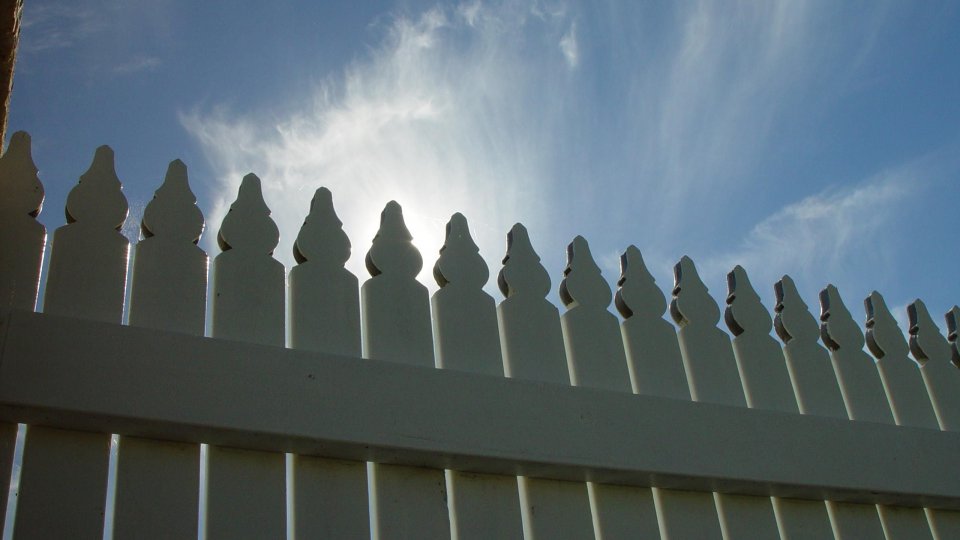Revised Prevent Duty Guidance: for England and Wales (2015) states that schools in England (and Wales) are required "to ensure children are safe from terrorist and extremist material when accessing the internet in school, including by establishing appropriate levels of filtering"[1].
Furthermore, the Department for Education published proposed changes to 'Keeping Children Safe in Education'[2] for consultation in December 2015. Amongst the proposed changes, schools will be obligated to "ensure appropriate filters and appropriate monitoring systems are in place. Children should not be able to access harmful or inappropriate material from the school or colleges IT system" however, schools will need to "be careful that "over blocking" does not lead to unreasonable restrictions as to what children can be taught with regards to online teaching and safeguarding."
So what does 'appropriate' actually mean?
The UK Safer Internet Centre, led by SWGfL and in collaboration with 360 degree safe assessors and the NEN, recently published a considered definition of what constitutes 'appropriate filtering', primarily aimed at supporting schools in assessing their own filtering provision.
The definition includes 3 sections, covering illegal online content, inappropriate online content and additional system features, enabling schools to consider their system provision to determine if it is 'appropriate'.






